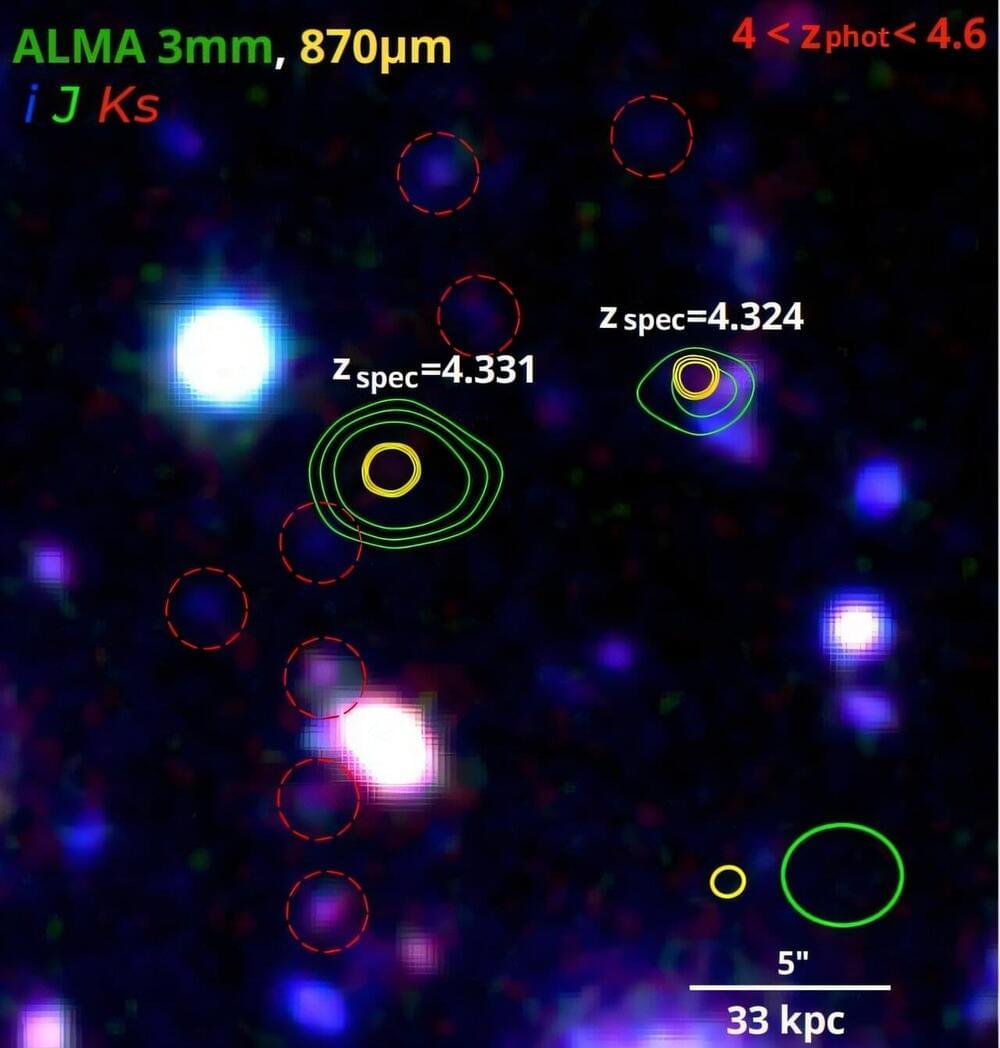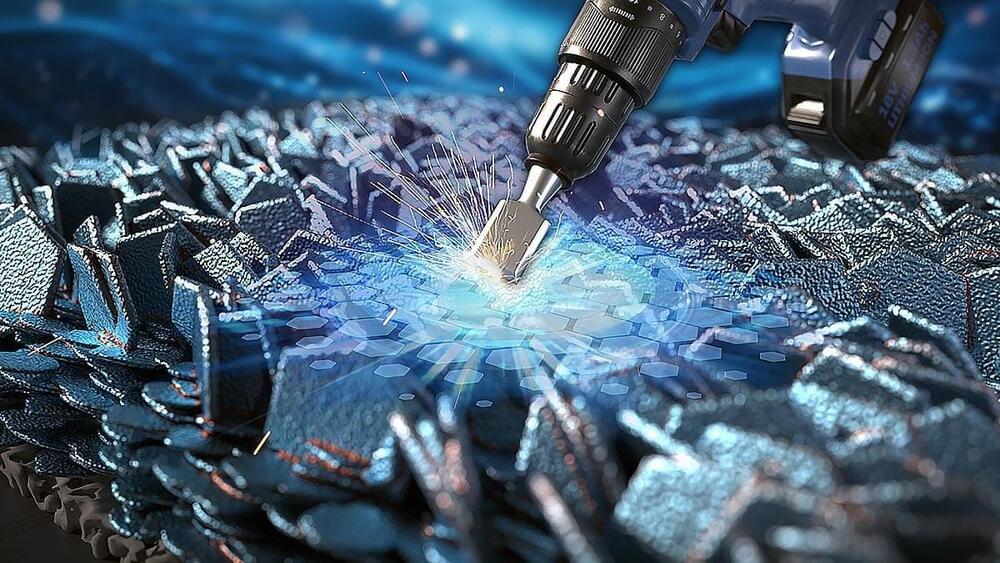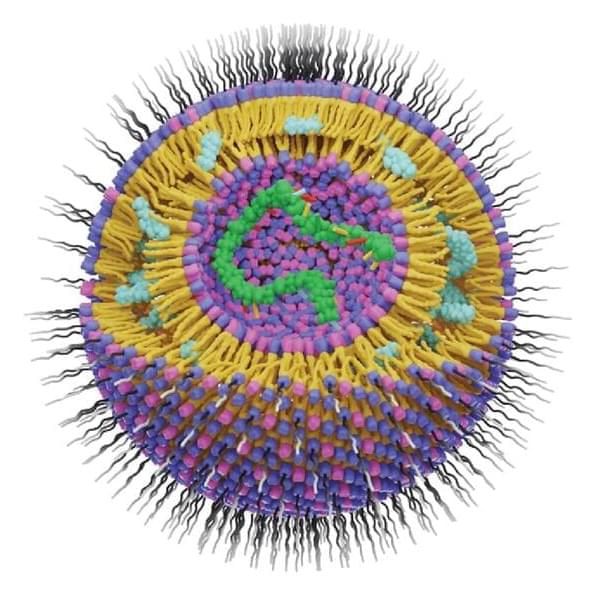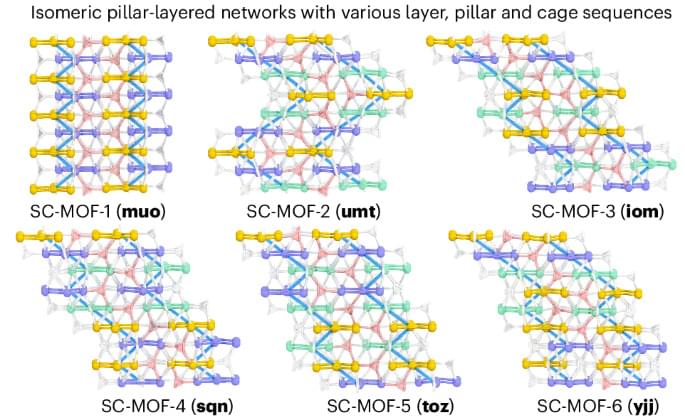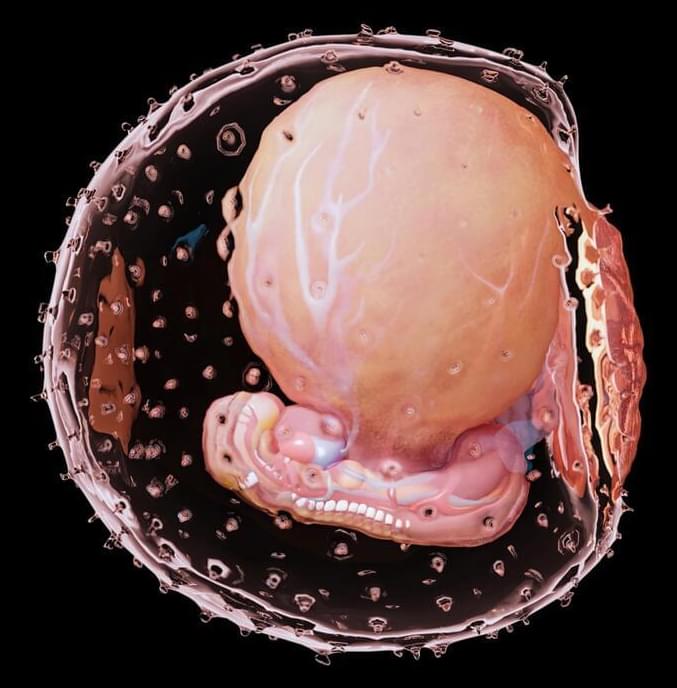If you have visited an island like one of the Hawaiian Islands, Tahiti or Easter Island, also known as Rapa Nui, you may have noticed how small these land masses appear against the vast Pacific Ocean. If you’re on Hawaii, the nearest island to you is more than 1,000 miles (1,600 kilometers) away, and the coast of the continental United States is more than 2,000 miles (3,200 kilometers) away. To say these islands are secluded is an understatement.
For me, watching the movie “Moana” in 2016 was eye-opening. I knew that Polynesian people traveled between a number of Pacific islands, but seeing Moana set sail on a canoe made me realize exactly how small those boats are compared with what must have seemed like an endless ocean. Yet our fictional hero went on this journey anyway, like the countless real-life Polynesian voyagers upon which she is based.
As an astronomer, I have been teaching college students and visitors to our planetarium how to find stars in our sky for more than 20 years. As part of teaching appreciation for the beauty of the sky and the stars, I want to help people understand that if you know the stars well, you can never get lost.

